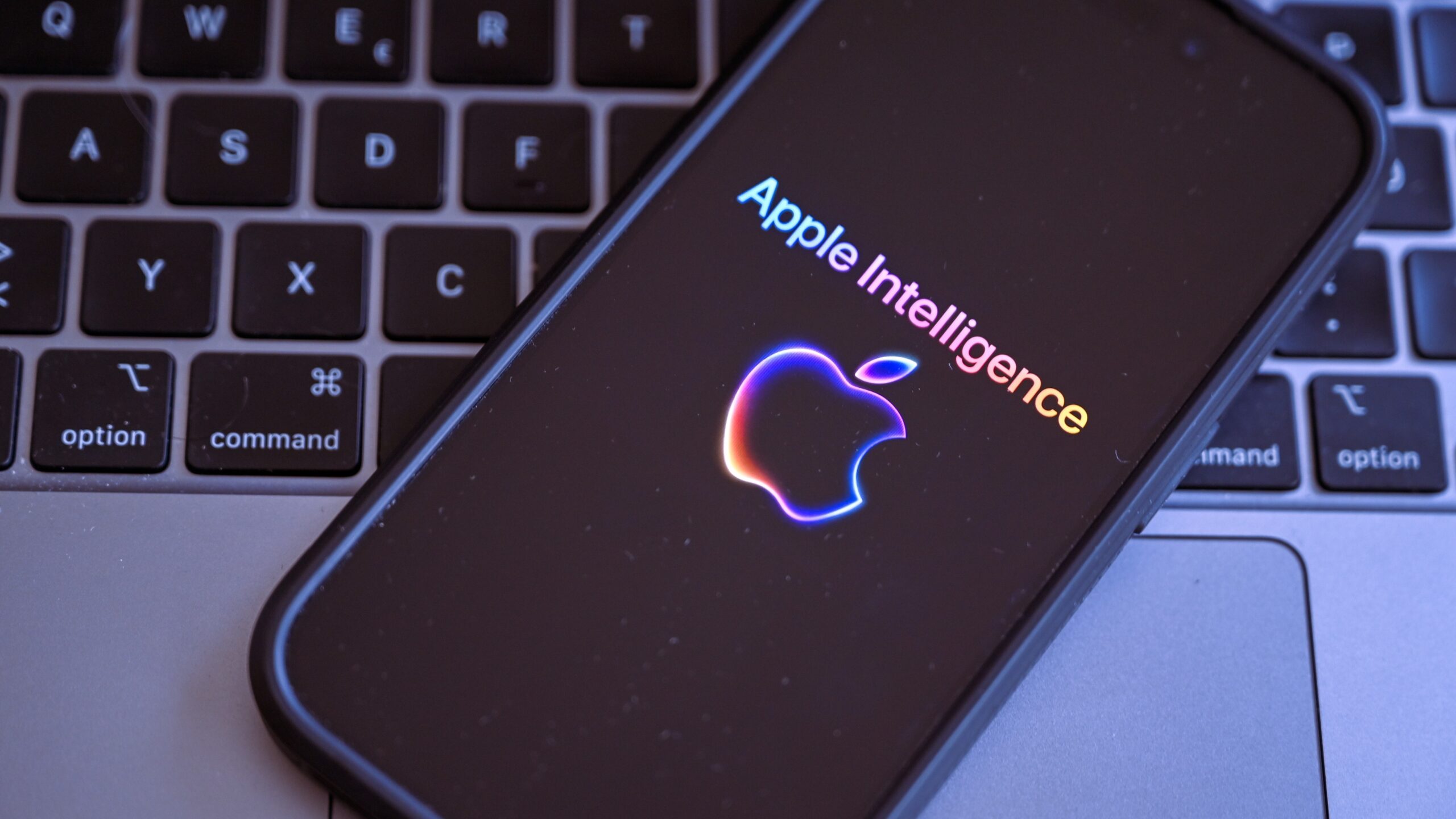With intentions to launch by late 2026 or early 2027, OpenAI has made an ambitious foray into the competitive hardware business by securing relationships with Apple’s major suppliers to create its first consumer AI hardware devices.
Luxshare, the Chinese assembler of iPhones and AirPods, has reportedly agreed to a manufacturing agreement with OpenAI to produce at least one consumer AI gadget, according to several reports from The Information. Luxshare’s shares surged 10% on the Shenzhen Stock Exchange following the announcement, reaching the daily trading limit and increasing the company’s year-to-date gains to almost 50%.
Apple Talent Exodus Accelerates Hardware Push
The collaboration is the most recent step in OpenAI’s hardware strategy, which has been quickly developing since the company’s May 2025 acquisition of io Products for $6.5 billion. Former Apple design director Jony Ive, who currently oversees creative and design duties for OpenAI’s hardware ambitions, co-founded the business.
An aggressive recruitment push is being led by Tang Tan, the chief hardware officer of OpenAI and a 25-year Apple veteran who previously assisted in turning Ive’s designs into mass-produced Apple products. In 2025 alone, at least 25 former Apple workers—including key members of the engineering, manufacturing, and design teams—have joined OpenAI.
The Information claims that Tan has assured recruits that “we offer less bureaucracy and more collaboration” in contrast to Apple’s hierarchical system. Among the notable recruits are Matt Theobald, a 17-year veteran of manufacturing design, and Cyrus Daniel Irani from Apple’s human interface design team.
Apple apparently feels uneasy about the talent loss, canceling its annual China gathering in August due to worries that executives would leave for OpenAI.
The Development Of The Device Portfolio
It is anticipated that OpenAI’s first product will be a screenless smart speaker, like to Apple’s HomePod or Amazon’s Echo, but set apart by ChatGPT integration. With deployments planned for late 2026 or early 2027, the company is also investigating other form factors, such as smart eyewear, a wearable AI pin, and a digital voice recorder.
With an ambitious goal of selling 100 million units, CEO Sam Altman has detailed plans for a “family of devices” that would be screen-free, contextually aware, and pocket-sized. By developing “AI-native” technology that is especially made to function with artificial intelligence models, the gadgets seek to go beyond conventional smartphone interfaces.
Additionally, OpenAI has reached out to Goertek, another Apple supplier that puts together Apple Watches, HomePods, and AirPods, to supply parts like speaker modules for its next gadgets.
Since Apple now licenses OpenAI’s models for Siri and iOS features, the hardware initiative is OpenAI’s biggest attempt to take on major consumer electronics manufacturers while utilizing Apple’s own talent pool and supply chain, which creates an awkward relationship.

